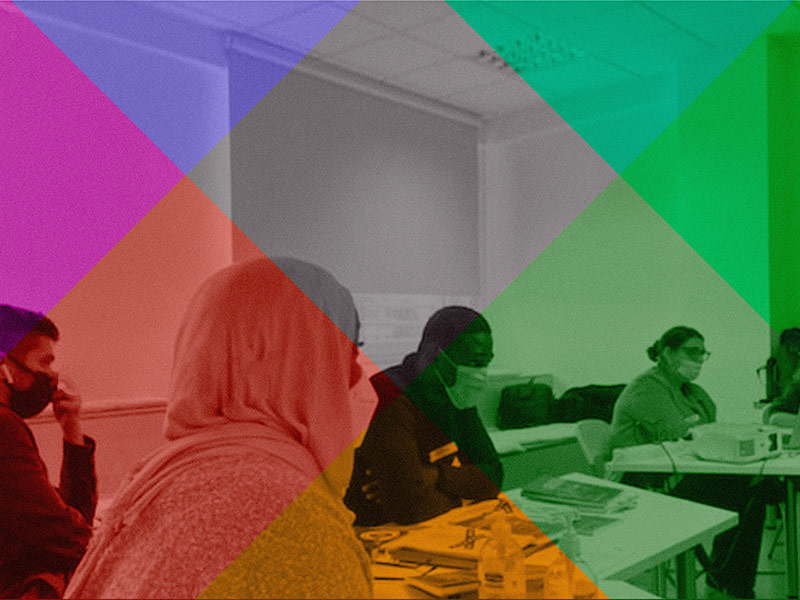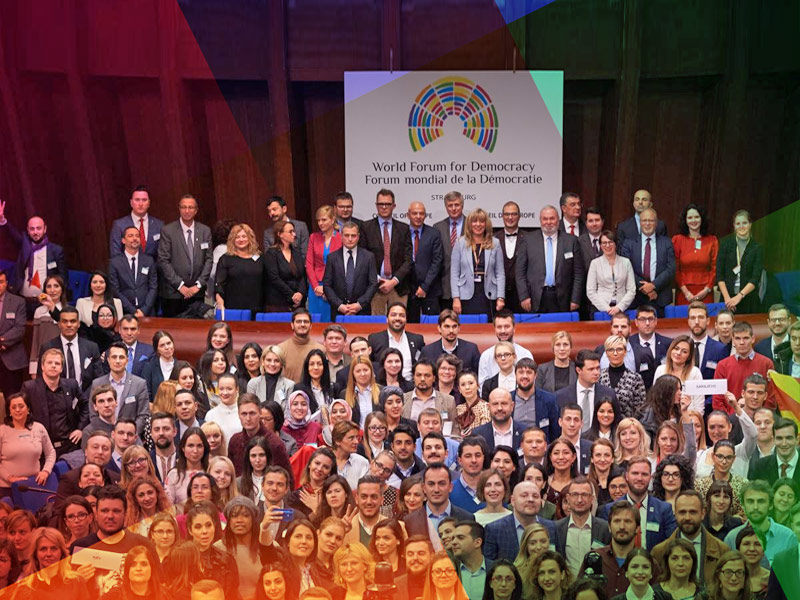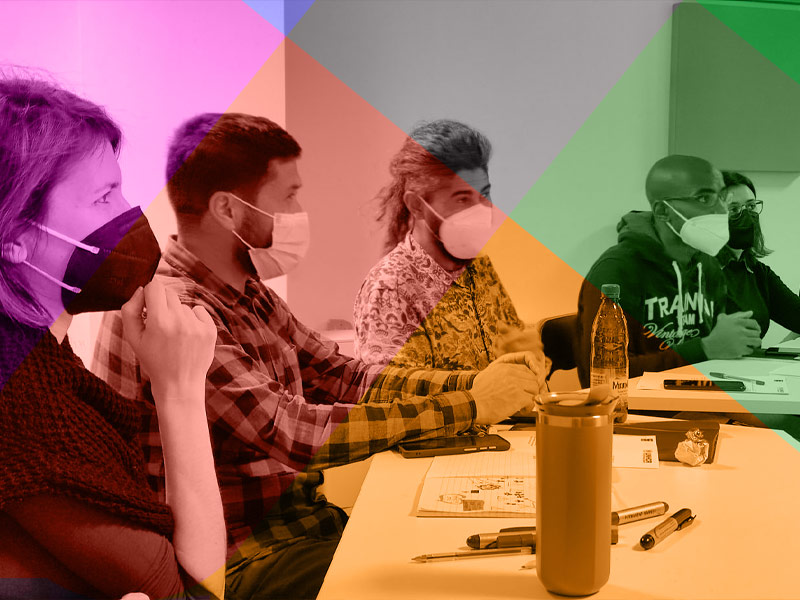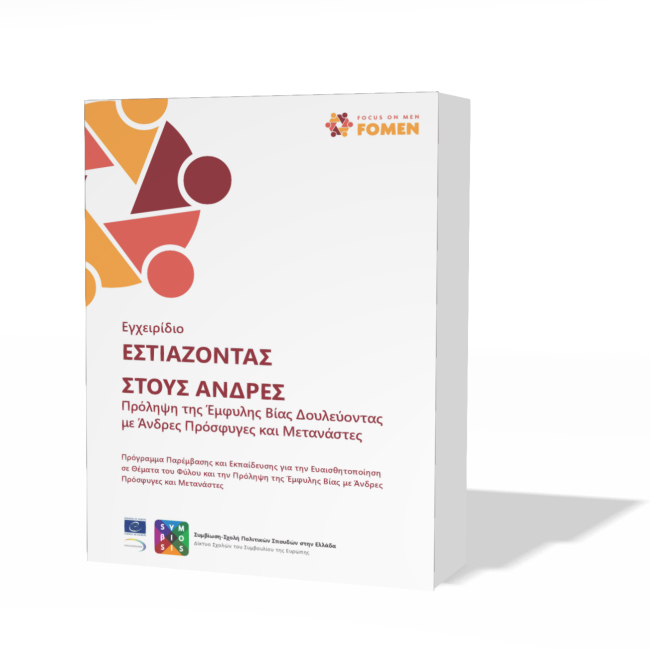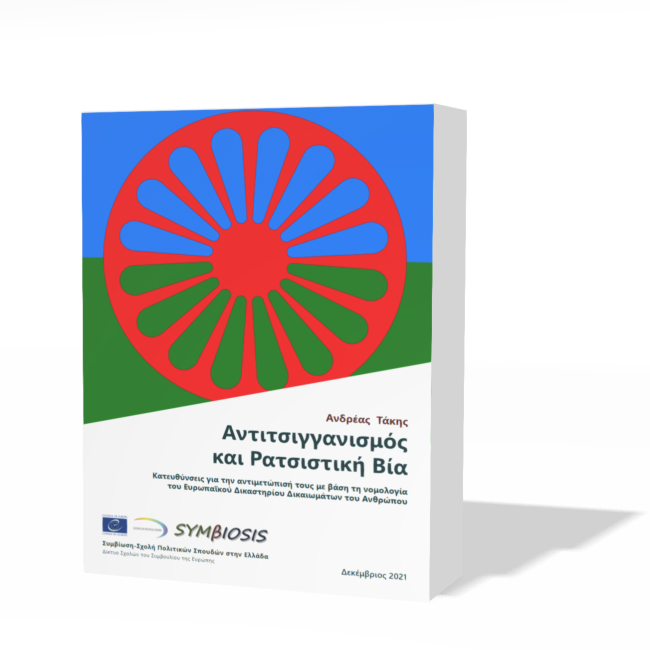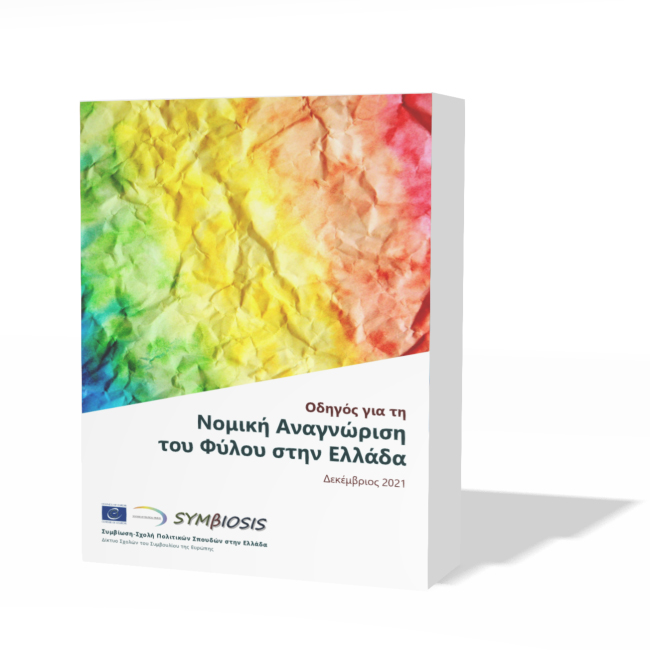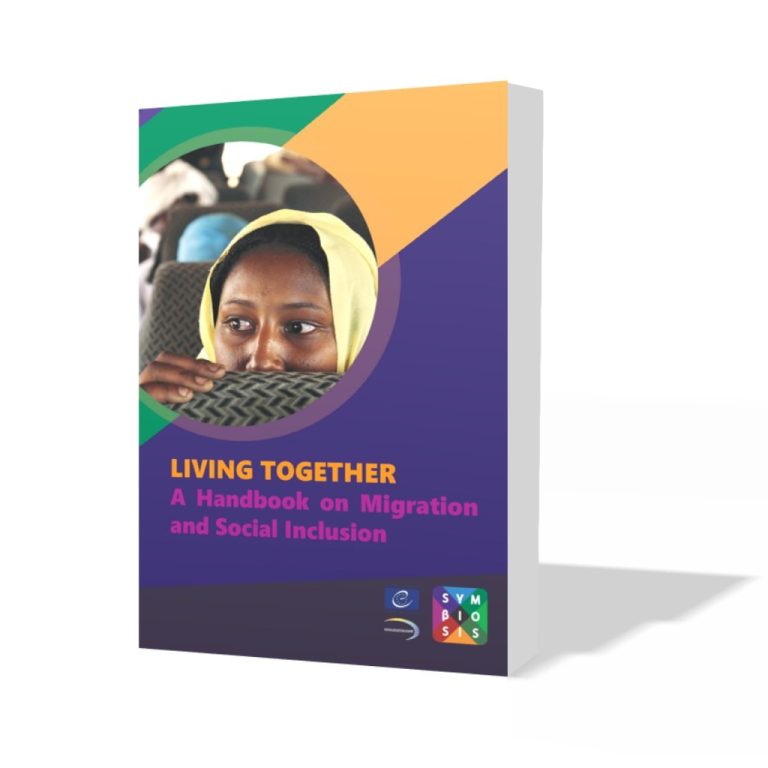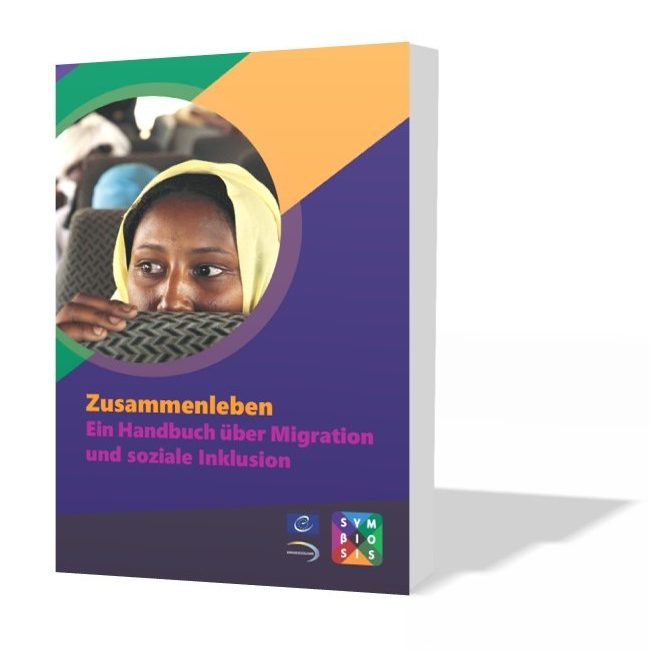The objectives of Symbiosis’ education programme include:
Upholding and promoting human rights, democracy and the rule of law through quality education
Developing competencies for democratic culture
Fighting discrimination.
We believe education is both a human right in itself and a means of realising other human rights—through education, socially marginalised individuals can lift themselves out of poverty and obtain the means to participate fully in their communities. With our work as affiliated to the Council of Europe Network School of Political Studies in Greece we aim to investigate democratic processes and strengthen democratic culture, encouraging dialogue between civil society, policy makers, activists, experts and the media and community organising for a more democratic, equal and sustainable world.

